Moving the Dial on Inclusive Recruitment
How do we cross the divide between action and intention? Despite its high-profile popularity gains in recent years, diversity and inclusion often finds itself on the corporate backburner.
Deloitte released a survey last year that suggested 92% of CEOs claim to have built D&I into their business strategies – it’s clear that buy-in is increasing at the senior leadership level, so why are we still seeing rock-bottom representation in spaces like the tech industry?
The global D&I market is projected to increase at an annual compound growth rate of 12.6% between 2022 and 2030. Alongside changing regulations, rising ESG-related activity, and an ever more globalised workforce, corporations that fail to prepare for a D&I-enabled future will lose their competitive edge.
Despite the good intentions (and they typically are), some organisations tend to have a tough time executing their D&I strategy, and if they do, they find themselves wanting when it comes to tangible results.
If it sounds familiar, you’re not alone. From D&I fatigue to internal change resistance, there are countless pitfalls to avoid before you can create a culture of belonging. Here are some ways to make a positive impact and avoid some shortfalls.
Reporting
Shifting the focus from short-term policy to long-term strategy is a good starting point. The UK’s Financial Conduct Authority has suggested a similar approach for the nation's regulated businesses – you can find the full proposal here.
What good are diversity targets if you’re not reporting on them? Accountability demands transparency on the data side.
Mutual Mentorship
Mutual mentorship is a cost-effective, employee-driven method of sharing valuable knowledge about backgrounds, cultures, and experiences that may otherwise go unconsidered. Both mentor and mentee get the chance to engage with D&I at the ground level and, ultimately, improve cultural integration.
Breaking the Bias
Everyone deserves to benefit from an equitable recruitment process. Unconscious bias training contributes to a more inclusive company culture while at the same time, equipping recruiters with the means to recognise, understand and appreciate the unique differences in experience that every candidate brings to the table. Not only can this improve your employer value proposition and boost your retention rates, but it also leads to better decision-making when it comes to selecting candidates based on skill-based criteria.
Broaden the Channels
If you’re only ever hiring from the same talent pool, you’ll likely struggle to build a diverse workforce that represents the varied perspectives and experiences required for growth and innovation. By broadening your recruitment channels, you can widen your scope and create access to a more diverse candidate base. How? Here are a few ways:
Partner with academic institutes
Establish employee engagement groups (they can help both internally and externally)
Use inclusive employer branding and language
Attend networking events and conferences
Collaborate with communities (we’ve found incredible success with this methodology over the years)
Train and Deploy
We’ve been honing our diversity-focused recruitment methodology since 2018, and we’ve found that a commitment to continuous learning has been a critical part of the journey. In the new year, that journey will take us somewhere completely new.
Just like the world around us, the needs and wants of candidates and clients are always changing. Diverse shortlists won’t cut it – we need to make an impact that moves the dial for the better.
As we covered in our second annual impact report (you can read it in full here), making progress on our mission to build diversity, create inclusion, and encourage workplace innovation will hinge on our entry into the train-and-deploy staffing landscape.
Thanks in part to our community networks, we’re uniquely positioned to adopt a train-and-deploy staffing model that targets historically marginalised candidate demographics. This will enable us to close skill gaps, create access to career opportunities, help our clients meet their diversity goals, and ultimately, move the dial on inclusive recruitment.
Want to find out more about how our diversity-focused recruitment solutions can help your business thrive? Reach out to our team today.

